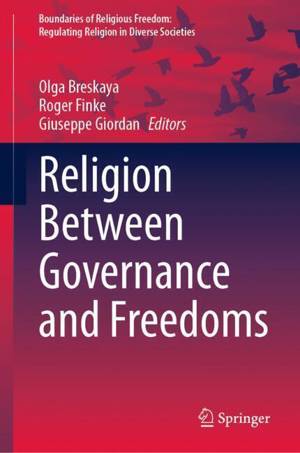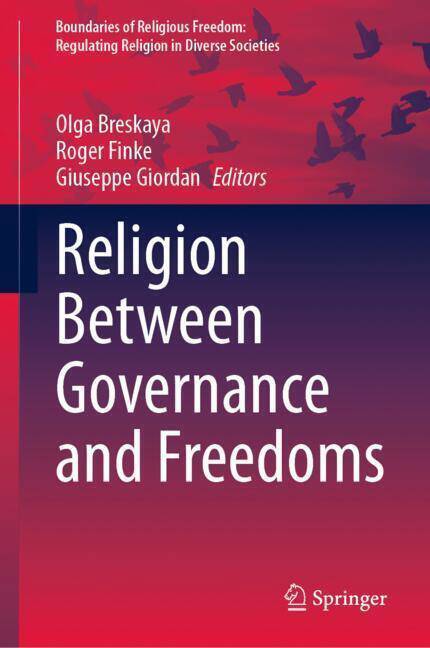
- Afhalen na 1 uur in een winkel met voorraad
- Gratis thuislevering in België vanaf € 30
- Ruim aanbod met 7 miljoen producten
- Afhalen na 1 uur in een winkel met voorraad
- Gratis thuislevering in België vanaf € 30
- Ruim aanbod met 7 miljoen producten
Religion Between Governance and Freedoms
Omschrijving
This edited volume proffers a sociological outlook on the challenges contemporary societies face when states attempt to govern religious and cultural diversity and still protect freedoms of and from religion claimed by individuals, communities, and institutions. The collection of chapters brings readers into both theoretical discussions and empirical research. It illustrates how the promise of religious freedom has become a burgeoning social issue at the center of struggles over equity, inclusion, and cohesion in both public institutions and everyday interactions.
The book is divided into three parts: the state's legal and political mechanisms governing religious freedom; the challenges of religious pluralism for public institutions and global communities; social perceptions of religious freedom as an indicator and criterion of human rights culture in society. An international group of authors provide reviews, case studies, and data-driven research for students, researchers and practitioners working in the sociology of religion.
Specificaties
Betrokkenen
- Uitgeverij:
Inhoud
- Aantal bladzijden:
- 283
- Taal:
- Engels
- Reeks:
Eigenschappen
- Productcode (EAN):
- 9783031698798
- Verschijningsdatum:
- 23/10/2024
- Uitvoering:
- Hardcover
- Formaat:
- Genaaid
- Afmetingen:
- 164 mm x 237 mm
- Gewicht:
- 653 g

Alleen bij Standaard Boekhandel
Beoordelingen
We publiceren alleen reviews die voldoen aan de voorwaarden voor reviews. Bekijk onze voorwaarden voor reviews.










